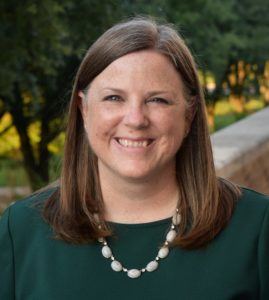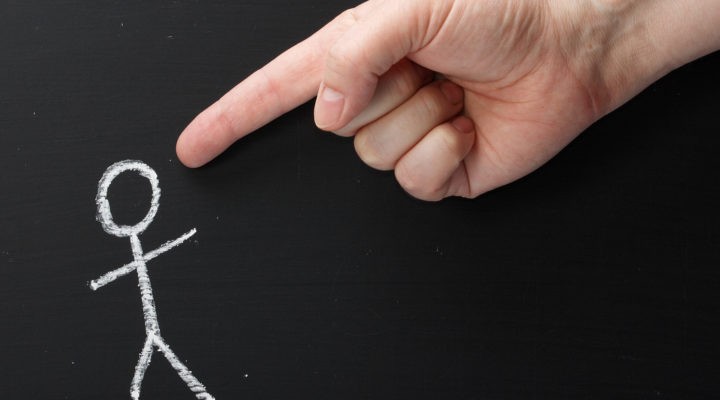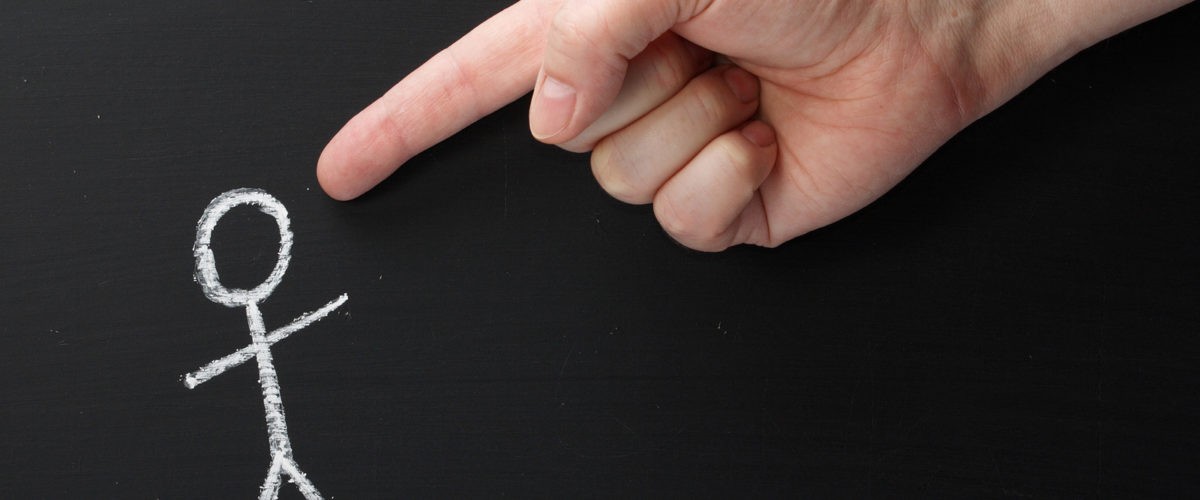This is the fourth in a series of opinion pieces on Critical Race Theory BNG will publish in the month of December. Links to the previous articles may be found at the end of this piece.
When I chose to accept an offer of admission to Brite Divinity School’s Ph.D. program in biblical interpretation, I knew the program I was entering would be a more racially, ethnically, culturally and theologically diverse environment than I had experienced previously. What I did not know was the journey of transformation this program would mean for me.
Early in my program, in an Introduction to Critical Methods course, I found myself reading scholars like James Cone, Renita Weems, Fernando Segovia and Kwok Pui-Lan for the first time.

Meredith Stone
Some people learn new ideas and methods best by quietly contemplating the shift in perspective that fresh ideas bring. I, however, am not one of those people. I ask a lot of questions and want to dialogue through the changing perspectives I am confronting.
So as I moved through this course and encountered scholars and ideas I never had considered before, I often found myself in the situation of asking a question that sounded ignorant — because it was. Fortunately, my classmates and I had developed good relationships, which meant they knew my ignorant questions were born out of genuine curiosity and desire for growth rather than hate. Still, the lack of awareness my questions represented in the broader evangelical church was often painful for many.
One particular day in class, likely a day when I had uttered one of these oblivious and harmful inquires, one of my classmates and I began engaging in a friendly discussion during one of our typical mid-class breaks. Melchor, who formerly had been a Baptist, was an African American woman about 20 years my senior.
Melchor asked me to remind her what I did for a living. At the time I was working for a Baptist denominational group with the charge of encouraging women in ministry and equipping young women experiencing a call to ministry. As I began to explain this, Melchor turned her head to the side and said, “Baptists? Really?”
I proceeded to give her my typical bright-side-looking perspective as I explained that some congregations among this group of Baptists had become more open to women in leadership and, while the number was small, we were making moves forward.
“I’m going to stop you right there. Because, Meredith, you need to name your oppression.”
I’ll never forget what Melchor said next. “I’m going to stop you right there. Because, Meredith, you need to name your oppression.”
Melchor wisely interpreted the quizzical look on my face that had appeared with her words and continued. “When you can name your oppression, maybe your questions in class will sound a bit different.”
It would take more than one opinion column to describe the complex journey of understanding that took place from that day until now. But the bottom line is the more I implemented Melchor’s appeal and started to realize and name that I was oppressed as a woman in the patriarchal institution of the evangelical, specifically Baptist, church, the more my eyes were opened to see oppression all around me in much more severe forms.
Then, being able finally to recognize oppression for what it is, I was also able to see the distinct and undeniable privilege I had as a white woman.
Even though my calling or giftedness may have been discredited because I was a woman, as a white woman I was able to walk through a store or down the street without suspicion; I could easily obtain a loan for far more than I could pay back; and a house my family needed to sell could be priced at market rates.
I began to understand how much privilege I had in my upbringing, both in the school system, where I often received favored treatment from teachers, and outside of school.
In high school, when a group of my friends and I trespassed on school property around 2:00 a.m. the night of our senior prom, the police officer who was dispatched to the scene calmly listened as the “innocent” white kids explained we were just having a good time instead of arresting us, drawing his weapon or worse.
I received a better education, economic advantages and undeserved benefit of the doubt merely because I was white.
“Melchor told me I needed to name my oppression, and in turn, I was able to also name my privilege.”
With a simple but poignant statement, Melchor not only opened my eyes to the injustices I experience, but she was teaching me that oppression was the dominant force upon which our institutions are built. Melchor told me I needed to name my oppression, and in turn, I was able to also name my privilege and realize I had benefited from the very same systems that were oppressing others.
In no way do I intend to present myself as an expert on the subject, but I have learned that the journey Melchor started for me, and the journey which I am still on, is understanding and living out Critical Race Theory. Acknowledging that Black, Indigenous, and people of color are disadvantaged and marginalized by systemic forces in our society is Critical Race Theory. Being able to recognize the privileges and benefits that one is granted if they are white is Critical Race Theory.
Melchor called me into this understanding through intersectionality. Patriarchy is a source of oppression for me as a white woman. But other women are facing oppression from more than patriarchy alone. Over and above patriarchy, they are affected by layers of intersecting oppressions and inequities that I never will experience.
Baptist Women in Ministry stands against racism and all forms of injustice. We embrace the tenets of Critical Race Theory and intersectionality. This understanding means we must work to dismantle the systems of patriarchy that keep women from living out their callings fully, and that we also must confront the layers of oppression and inequity caused by intersecting systems and ideologies of power so that all Baptist women are able to fully express who they are called and created to be.
So I join Melchor in making a call to other white women like myself: We need to name our oppression. But we cannot stop there. We also need to name our privilege.
Our oppression can inform, educate, transform and empower us to become advocates who seek to dismantle all systems, including the evil of systemic racism, and to work so that people can live full, free and faithful lives.
I believe the gospel of Jesus Christ calls us to name evil and join in the gospel work of redeeming what individual and corporate sin has broken. How anyone could think the work of naming and advocating against the evils that keep divine-image bearers from living out the fullness of who they are could in any way be antithetical to the gospel is simply beyond my imagination.
Meredith Stone serves as executive director of Baptist Women in Ministry.
Other articles in this series:
SBC seminary presidents are propagating fear to maintain control | Laura Levens
Is it time for Black Christians to give up on the SBC? | Corrie Shull


